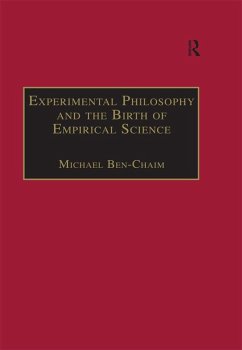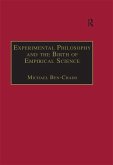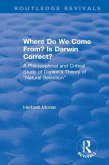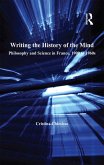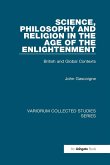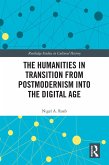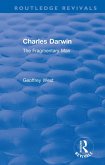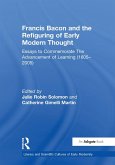Ancient Greek philosophers claimed that the adequate understanding of a particular subject can be achieved only when its nature, or essence, is properly defined. This view furnished the core teachings of late medieval natural philosophers, and was often reaffirmed by early modern philosophers such as Bacon and Descartes. Yet during the second half of the seventeenth century, a radical transformation was to take place that led a to the emergence of a recognisably modern cultures of empirical research. Experimental Philosophy and the Birth of Empirical Science focuses on the works of Robert Boyle, John Locke, and Isaac Newton, the most notable exponents of the "experimental philosophy" in the late seventeenth century, and explores this transformation to a modern viewpoint that seeks to understand phenomena by seeking explanatory correlations between the empirical properties of the universe. Experimental Philosophy and the Birth of Empirical Science offers a novel solution to one of the major problems in the history of early modern science and philosophy, while addressing received views concerning these problems. It provides a new perspective on the Scientific Revolution and the rise of modern science and offers new tools for science studies in general, by showing how the problem of human understanding and the problem of explanation are central to the evolution of science, and how we can combine historical and sociological approaches to study modern science from this perspective.
Dieser Download kann aus rechtlichen Gründen nur mit Rechnungsadresse in A, B, BG, CY, CZ, D, DK, EW, E, FIN, F, GR, HR, H, IRL, I, LT, L, LR, M, NL, PL, P, R, S, SLO, SK ausgeliefert werden.

